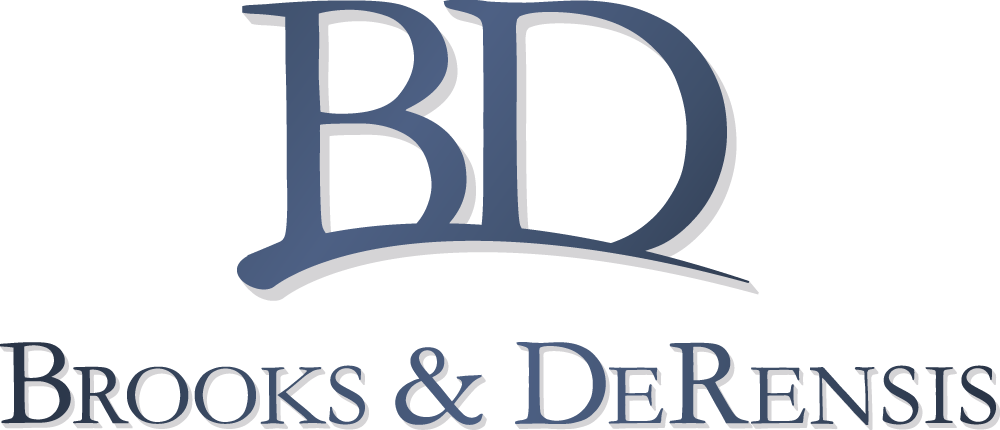We are very pleased to note that Attorney Paul DeRensis was reappointed by Governor Charlie Baker on February 13, 2018 to a tenth term as a member of the Massachusetts Local Government Advisory Commission. Former Governor Deval Patrick had initially appointed Mr. DeRensis to this Commission. Mr. Baker first reappointed Mr. DeRensis in February 2015. This is the fourth reappointment by Governor Baker. Lt. Governor Karyn Polito administered the oath of office on February 13, 2018.
Mr. DeRensis is a graduate of Harvard College and Harvard Law School and is admitted to practice in New York and Massachusetts and in various federal courts including the United States Supreme Court.
State law provides that responsibilities of Commissioners include the following:
 “1. to review and analyze proposed legislation and regulatory changes from the point of view of municipal government and present such point of view to the governor, his executive secretaries and to the general court;
“1. to review and analyze proposed legislation and regulatory changes from the point of view of municipal government and present such point of view to the governor, his executive secretaries and to the general court;
2. to act as an independent advocate for the interests of local governments in their relations with state and federal governments;
3. to advise officials of the commonwealth and the federal government on the needs of local governments, assist in mobilizing state and federal resources to deal with problems of local governments, provide coordinating support to agencies responsible for administering federal, state and local programs, and promote legislative and administrative proposals reflecting the interests of local governments;
4. to establish, from time to time, study committees or task forces to consider issues pertaining to local government in detail and to present the results of those considerations to the governor, the secretaries of his executive offices and to the general court;
5. to meet monthly with the governor and at such other times…;
6. to meet quarterly with the legislative leadership, and at such other times as may be necessary…”
Mr. DeRensis commented, “I am honored by this opportunity for public service, and will do my best to offer ideas and input to the Governor and his team that will help all of the communities of Massachusetts.”



 “1. to review and analyze proposed legislation and regulatory changes from the point of view of municipal government and present such point of view to the governor, his executive secretaries and to the general court;
“1. to review and analyze proposed legislation and regulatory changes from the point of view of municipal government and present such point of view to the governor, his executive secretaries and to the general court;






